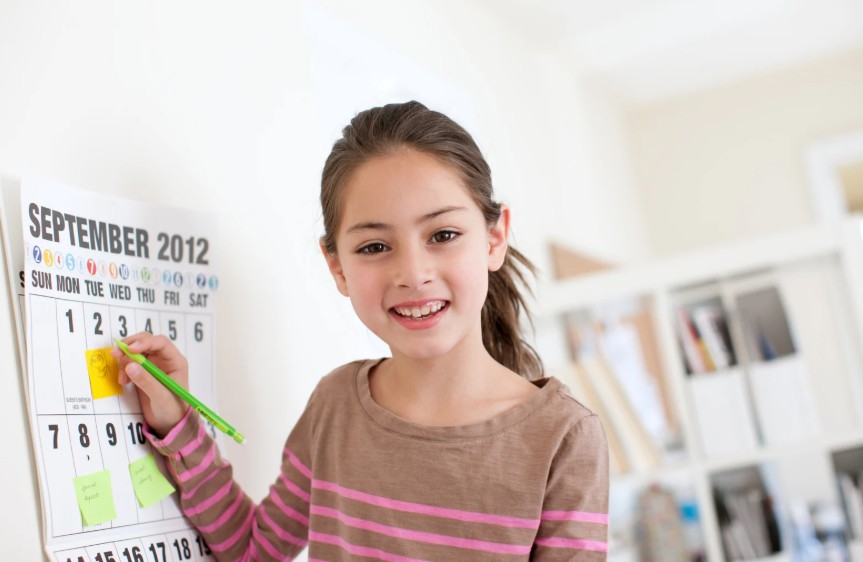
Parenting a child with ADHD is a marathon, but with science-backed strategies, you can help them thrive. As a child psychologist, I draw on research to offer practical tools for
navigating ADHD, a neurodevelopmental disorder affecting 5–10% of kids, marked by challenges in attention, impulse control, and hyperactivity.
ADHD stems from differences in the prefrontal cortex and dopamine pathways, causing distractibility and impulsivity (Journal of Neuroscience, 2017). These kids may also face emotional dysregulation or social rejection, but they often shine in creativity and resilience. Research shows consistent support improves academic, social, and emotional outcomes (Journal of Consulting and Clinical Psychology, 2018).
Strategies: Create structure with visual schedules for routines like homework, reducing cognitive overload (Journal of Abnormal Child Psychology, 2014). Break tasks into 10–15-minute chunks with breaks to boost completion. Use timers or alarms as reminders. Positive reinforcement—praising specific behaviors like starting tasks—outperforms punishment (Clinical Psychology Review, 2009). Encourage 30 minutes of daily exercise, like biking, to boost dopamine and focus (Pediatrics, 2016). Prioritize sleep with a tech-free bedtime routine, aiming for 9–11 hours. Limit recreational screens to 1–2 hours daily to reduce inattention.
Emotionally, validate feelings (“I see you’re upset”) and teach calming techniques like deep breathing. Highlight strengths through hobbies like art. Role-play social scenarios to build confidence. Collaborate with schools for accommodations like extra time and consider therapy or medication if symptoms persist.
It’s exhausting, but every routine or reward builds your child’s skills. Start with one step, like a morning checklist, and consult a psychologist or pediatrician for support.
Resources: CHADD, ADDitude Magazine, American Academy of Pediatrics, National Institute of Mental Health.
Follow us for more wellness content!
More Blog Posts

How to Appreciate Your Body at Any Size: A Guide to Self-Acceptance
Discover practical ways to appreciate your body at any size. Learn body neutrality, self-care habits, and how to embrace self-acceptance.
In crisis or need immediate help?
Call 988 or go to your nearest ER.
Services
Adolescent Psychotherapy
Adult Psychotherapy
Assessments & Evaluation
Child Psychotherapy
Cognitive Behavioral Therapy
Couples Therapy
Family Therapy & Parent Coaching
Genetic Testing
Group Therapy
Medication Management
Play Therapy
Single-Session Therapy
Teletherapy
Orchard Mental Health Group
Accepted Insurance*
Aetna
Carefirst / Blue Cross Blue Shield
Cigna
Humana / Tricare
Johns Hopkins Health Plans
Medicaid
Medicare
Optum / UnitedHealthcare
*Varies by service
Partner Resources
Contact Us
M-F, 9am-5pm Eastern Time
Phone: 240-750-6467
Fax: 240-912-7835
contact@orchardmentalhealth.com
9707 Key West Avenue, Suite #100 Rockville, MD 20850


